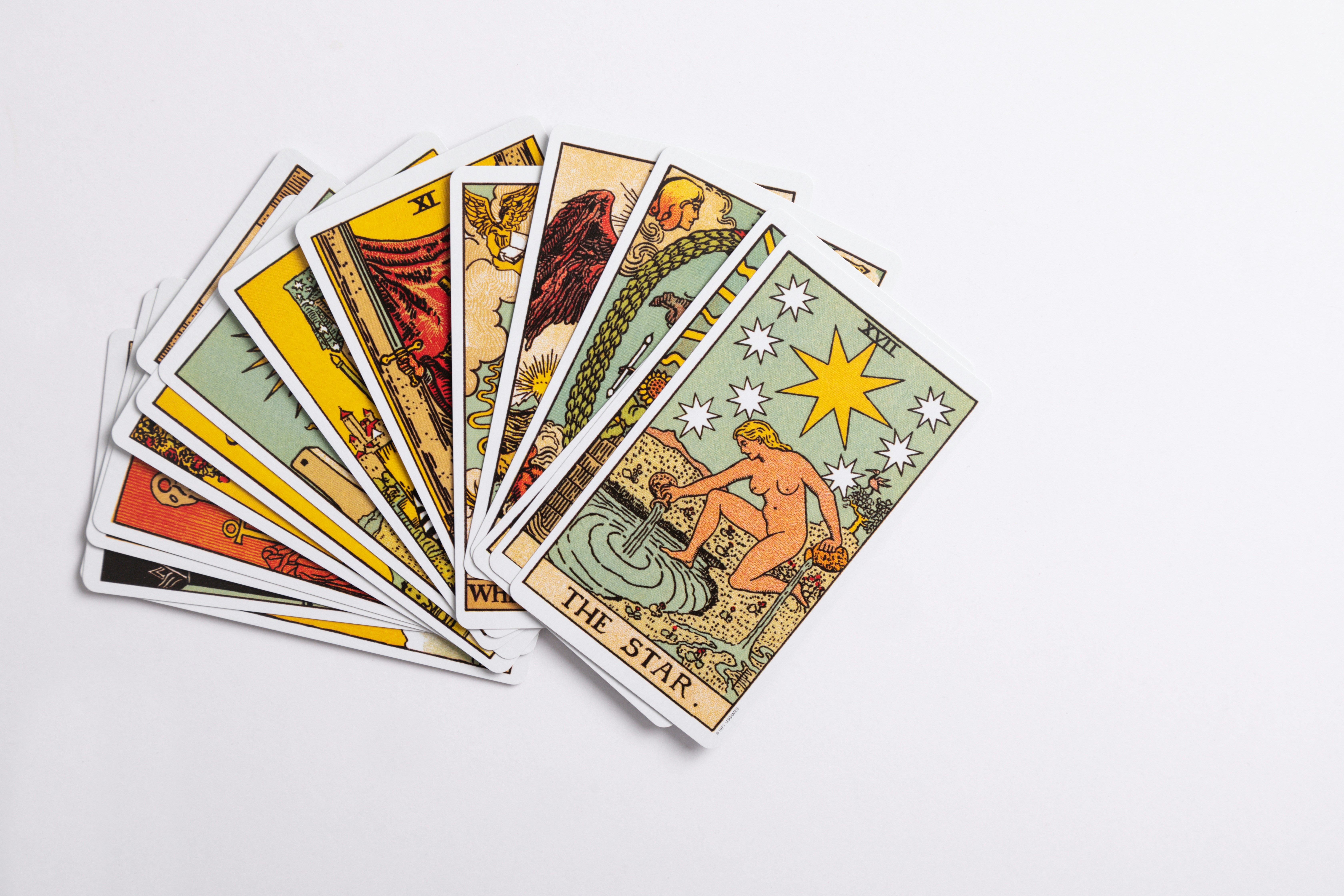Do you often find yourself curious about the mysterious world of astrology? Well, you’re in luck! In this article, we will be exploring the enticing realm of astrology by comparing two popular branches – Western and Vedic astrology. Delving into the depths of these fascinating practices, we will unravel the key distinctions and similarities between them, shedding light on their unique approaches and belief systems. So, let’s embark on an enlightening journey that will leave you with a deeper understanding of the captivating world of astrology.
This image is property of images.unsplash.com.
Main Differences
Historical Background
Western astrology, also known as Tropical astrology, has its roots in ancient Mesopotamia and Greece. It was largely developed by Claudius Ptolemy in the 2nd century CE. Vedic astrology, also known as Jyotish, originated in ancient India and derives its foundations from the Vedic texts, particularly the Brihat Parashara Hora Shastra. Vedic astrology has been practiced for thousands of years and has a rich tradition in Indian culture.
Zodiac System
The most notable difference between Western and Vedic astrology is the zodiac system they use. Western astrology is based on the tropical zodiac, which is tied to the seasons and the equinoxes and solstices. This means that the Western zodiac signs are determined by the position of the Sun relative to the Earth’s seasons.
In contrast, Vedic astrology uses the sidereal zodiac, which is aligned with the actual positions of the constellations in the sky. This means that the Vedic zodiac signs do not align with the Western zodiac signs, and there is a slight deviation between the two systems due to the precession of the equinoxes.
Planetary Alignments
While both Western and Vedic astrology consider the planets to be significant celestial bodies, they interpret their influences and roles differently. Western astrology typically places a strong emphasis on the Sun, Moon, and the planets within our solar system. Vedic astrology, on the other hand, also takes into account the influence of the lunar nodes, known as Rahu and Ketu.
Additionally, Vedic astrology places a greater emphasis on the concept of planetary periods or “dasas.” These periods are believed to have a significant impact on an individual’s life, influencing specific areas such as career, relationships, and overall well-being.
House System
Another key difference between Western and Vedic astrology lies in the house system they use. The Western house system is based on the Equal House system, where each house is divided into equal 30-degree segments based on the Ascendant. Vedic astrology, on the other hand, primarily uses the Whole Sign house system, where the Ascendant is considered as the first house, and the subsequent signs fill the respective houses.
This difference in the house system can lead to variations in the interpretation of a birth chart and the emphasis placed on specific areas of life.
Prediction Techniques
In terms of prediction techniques, Western astrology often focuses on psychological insights and personal growth, using techniques such as transits and progressions to determine future trends and life events. Vedic astrology, on the other hand, places a greater emphasis on predictive accuracy and timing events through the use of specific dasha systems, planetary transits, and divisional charts.
The predictive techniques in Vedic astrology are believed to provide more precise timing and event-based predictions, while Western astrology may provide a deeper understanding of an individual’s psychological makeup and personal development.
Core Concepts
Astrological Philosophy
Both Western and Vedic astrology share a common philosophical foundation, which is the belief that celestial bodies have an influence on human lives and events on Earth. This belief is rooted in the idea of interconnectedness and the notion that cosmic forces can impact individual experiences and destinies.
Role of Planets
In both Western and Vedic astrology, planets are considered significant celestial entities that represent different energies and archetypes. They are believed to influence various aspects of life, including personality traits, relationships, and career paths. However, the interpretations and significance assigned to each planet may differ between the two systems.
Signs and Houses
Both Western and Vedic astrology divide the zodiac into twelve signs, representing different personality traits and characteristics. However, as previously mentioned, the Western and Vedic zodiac signs do not align due to their different zodiac systems.
Similarly, the concept of houses is present in both Western and Vedic astrology, but the way they are delineated and interpreted can vary. Houses represent different areas of life, such as relationships, career, and health, and their positions in a birth chart provide insights into the specific areas of life that may be influenced.
Accuracy and Reliability
Predictive Accuracy
Both Western and Vedic astrology aim to provide predictions and insights into future events and life patterns. While the approaches and techniques differ, both systems have their own claims of accuracy and reliability.
Western astrology, with its focus on psychological insights and personal growth, may offer a deeper understanding of an individual’s underlying motivations and aspirations. Vedic astrology, on the other hand, is often praised for its precise timing and event-based predictions, particularly through the use of dasha systems and planetary transits.
Timing and Events
Vedic astrology places great importance on timing and events through the dasha systems, which allow for detailed predictions and insights into specific periods of life. These dasha periods are believed to have a significant impact on an individual’s experiences and can help in understanding the timing of major life events.
In Western astrology, timing and events are often interpreted through transits and progressions, which provide a broader sense of future trends and psychological growth.
Personal Growth and Understanding
Both Western and Vedic astrology can provide tools for personal growth and self-reflection. Western astrology’s focus on psychological insights and understanding can aid in self-discovery, encouraging individuals to explore their inner motivations and behavior patterns.
Vedic astrology, with its emphasis on the dasa systems, can offer guidance on specific areas of life and personal growth during specific periods. It can help individuals understand their karmic patterns and provide insights into actions that may lead to personal betterment and spiritual growth.
Cultural Differences
Western Perspective
Western astrology is deeply ingrained in Western culture and has been influenced by various philosophical, psychological, and cultural movements throughout history. It is often seen as a tool for self-exploration, personal growth, and understanding one’s place in the world.
Vedic Perspective
Vedic astrology has its roots in ancient Indian culture and is deeply intertwined with Hinduism. It is seen as a sacred science and is practiced alongside spiritual and Vedic traditions in India. Vedic astrology is often used for guidance on important life decisions, such as marriage, career choices, and overall life path.

This image is property of images.unsplash.com.
Astrological Techniques
Birth Chart Analysis
Both Western and Vedic astrology rely heavily on birth chart analysis to provide insights into an individual’s personality, strengths, weaknesses, and life potential. The birth chart, also known as the natal chart or horoscope, is calculated using the date, time, and location of an individual’s birth.
The interpretation of the birth chart involves analyzing the placements of planets, signs, and houses to understand an individual’s unique characteristics and life tendencies.
Transits and Progressions
In Western astrology, transits and progressions are used to determine future trends and significant life events. Transits involve the movement of planets in real-time and their interactions with the planets in the natal chart. Progressions, on the other hand, involve the gradual advancement of the planets in the birth chart over time.
Vedic astrology also considers planetary transits, but it places greater emphasis on specific dasha systems. These dashas are planetary periods that are believed to have a significant impact on an individual’s life during their duration.
Divisional Charts
Divisional charts, also known as Vargas, are an essential part of Vedic astrology. These charts provide detailed insights into specific areas of life by dividing the zodiac into narrower segments. Each divisional chart focuses on a specific aspect, such as relationships, career, or wealth, and provides additional layers of analysis and interpretation.
Popularity and Acceptance
Western Astrology
Western astrology has gained significant popularity in Western cultures, with many individuals seeking personal insights and guidance through horoscope readings. It is commonly found in newspapers, magazines, and online platforms, making it easily accessible to a wide audience.
Vedic Astrology
Vedic astrology is immensely popular in India, where it is deeply ingrained in the culture and spiritual traditions. It is also gaining recognition and followers in other parts of the world, particularly among those interested in exploring the ancient wisdom and cultural practices of India.

This image is property of images.unsplash.com.
Compatibility and Relationship Analysis
Approaches to Compatibility
Both Western and Vedic astrology have their own approaches to compatibility analysis. In Western astrology, compatibility is often assessed through the comparison of Sun signs. The compatibility of signs is believed to depend on the elemental traits and overall compatibility of the signs involved.
In Vedic astrology, compatibility analysis goes beyond Sun signs and takes into account the positioning of various planets, including the Moon and Venus, as well as the assessment of specific yogas or planetary combinations in the birth charts of individuals.
Synastry and Composite Charts
Synastry, in Western astrology, involves comparing and analyzing the placements of planets between two individuals’ birth charts. It provides insights into the dynamics and compatibility between two people, highlighting areas of potential harmony or tension.
Vedic astrology also utilizes a similar approach but places greater emphasis on the composite chart, which is created by merging two individuals’ birth charts. The composite chart is believed to represent the energies and potential of the relationship itself, offering insights into the strengths and challenges that may arise.
Practical Applications
Career Guidance
Both Western and Vedic astrology can be used as tools for career guidance. By analyzing the birth chart and assessing the planetary influences, individuals can gain insights into their natural talents, inclinations, and potential career paths. Astrology can provide guidance on suitable industries, occupations, and areas of focus within a chosen career.
Health and Wellness
Astrology can also be used as a tool for understanding health and wellness. By analyzing the birth chart, astrologers can gain insights into an individual’s potential health risks, vulnerabilities, and areas of strength. Astrology can provide guidance on preventative measures, lifestyle adjustments, and potential remedies for maintaining overall well-being.
Love and Relationships
Astrology can offer insights into love and relationships, helping individuals gain a deeper understanding of their romantic inclinations, compatibility with partners, and potential challenges within relationships. By analyzing the birth charts of individuals, astrologers can provide guidance on areas of compatibility, potential conflicts, and strategies for nurturing and strengthening relationships.

Criticism and Skepticism
Scientific Scrutiny
Both Western and Vedic astrology have faced criticism from the scientific community, which often dismisses astrology as pseudoscience. Skeptics argue that astrology lacks empirical evidence and that the interpretations and predictions provided are subjective and not based on scientific principles.
Cultural Critiques
Some cultural critiques argue that astrology perpetuates superstition and fatalism, encouraging individuals to rely on external factors for guidance and decisions. They argue that astrology may undermine individual agency and responsibility, attributing life outcomes solely to planetary influences instead of personal choices and actions.
Conclusion
In conclusion, Western and Vedic astrology differ in various aspects, including their historical background, zodiac systems, planetary alignments, house systems, and prediction techniques. While both systems share a common philosophical foundation and provide insights into an individual’s life and potential, they have distinct approaches and interpretations.
Western astrology focuses on psychological insights and personal growth, using techniques such as transits and progressions. Vedic astrology places a greater emphasis on precision in timing and event-based predictions through dasha systems, planetary transits, and divisional charts.
Despite differences and criticisms, both Western and Vedic astrology have gained popularity and acceptance in different cultural contexts. They offer practical applications in various areas, including career guidance, health and wellness, and love and relationships.
Ultimately, the choice between Western and Vedic astrology depends on personal preferences, cultural backgrounds, and the specific goals an individual seeks to achieve through astrological guidance.




